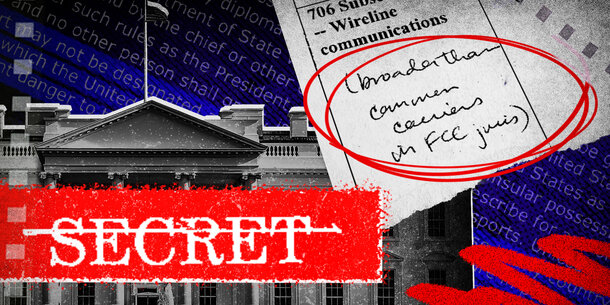Emergency powers have existed in countries around the world for centuries. Their purpose is simple: to temporarily enhance executive power during unexpected crises that are moving too fast for Congress to respond. The Brennan Center’s original research cataloged 123 statutory authorities that become available to the president when he declares a national emergency. Many are measured and sensible, but others seem like the stuff of authoritarian regimes: giving the president the power to take over domestic communications, seize Americans’ bank accounts, and deploy U.S. troops to any foreign country. Given how broad these powers are, it is critical to have adequate safeguards in place to prevent abuse.
The National Emergencies Act, in its current form, lacks those protections. It allows the president to declare emergencies with nothing more than a signature on an executive order, and presidents can renew those emergencies every year ad infinitum. Congress can vote to end an emergency, but it effectively needs a veto-proof majority to do so.
The problems with this system became very clear when President Trump declared a fake emergency to get funding for his border wall after Congress had denied him the funds. Even though a majority of both houses of Congress voted to end this emergency, the president was able to override the veto and continue his blatant misuse of emergency powers.
The Brennan Center is working to fix the legal framework for emergency powers. We provided original research that helped spur a national conversation about the National Emergencies Act, and our congressional testimony helped provide a blueprint for reform that has drawn broad bipartisan support. And we are bringing much-needed public attention to specific emergency powers, such as the Insurrection Act, which delegates a dangerous amount of discretion to the president.








